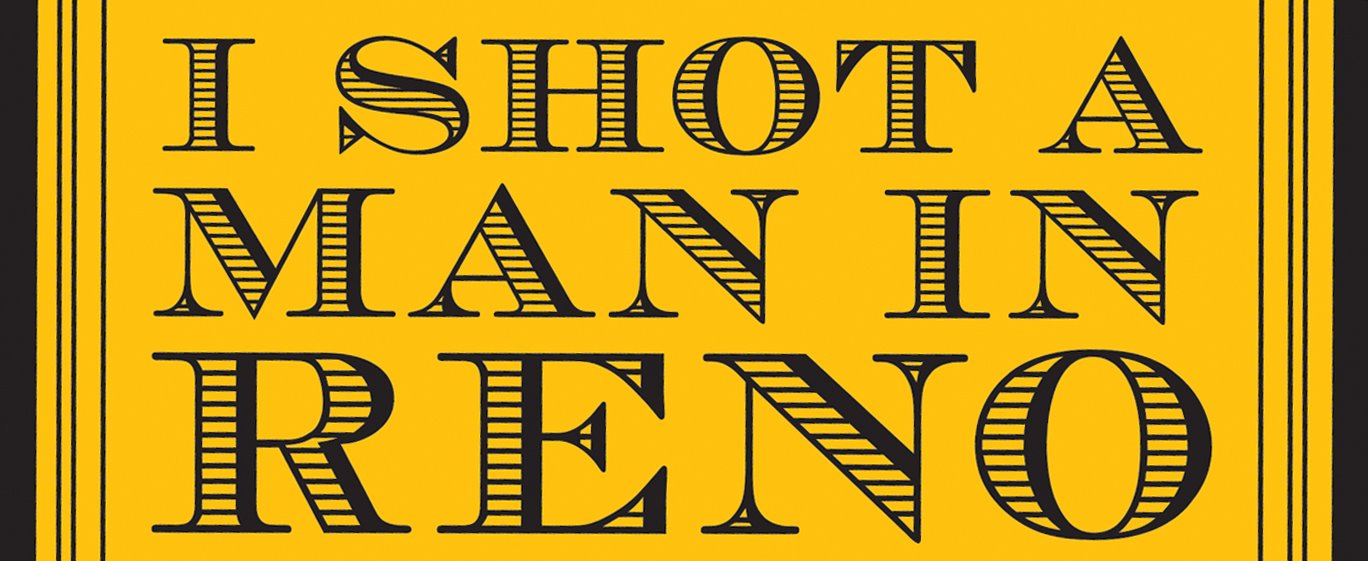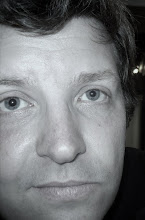
It’s very hard for me to be objective about the weight of that event on the record, because it had a huge resonance on my life. The songs that I was writing around that time are probably all influenced by that. They’re not all about that, some clearly not at all, but if it’s in there it’s there and I hope in a good way and not a morbid or maudlin way. But it’s possible there’s a bit of that as well, I don’t know. In most cases for me it just kind of comes out. I rely a lot in the early stages of a song on things falling out of my mouth. I don’t have a very organised mind and I’ve learned to trust the slightly random process of writing songs. Other people might be more deliberate in their strategy, but I trust the things that drop out of my head even though they’re obtuse and abstract. They open doors, I think, for the people who like them and get them.
There’s a lot of underlying soul-searching on that record.
If it’s in the songs then that’s the way it is. I didn’t respond well to what happened. It didn’t hit me well. I still haven’t really got over it. It’s a tremendously difficult thing to get over and I expect it will haunt me for a long time. It’s a great sadness and really a longing – he was a great friend and an unhappy man for a long time. I didn’t see a lot of him in recent years but I think there was always a very strong bond between us.
On the other hand, an older song like “Hole In The River” seems more like direct reportage. Almost like an exorcism, dealing with a tragedy by getting it out in the open.
I wrote it directly after getting some very bad news from my father about my aunt [who had just committed suicide]. I kind of just wrote down what he told me. I guess that was a conscious decision to write about death. Sometimes it feels like the world is just trying to get by and not take any notice of the misery and horror that unfolds on a daily basis. That’s what “Nobody Wants To” is about. Somedays it just hits you: ‘Hang on a minute, what’s the worst that you can hear? Ah fuck it, let’s find out the worst of what’s going on and we’ll walk out the other side better people for it.’
Your second solo album, One Nil, also reflected upon mortality.
I lost my mother around that time and I suppose although it’s not overtly in a lot of songs it was in my head. There’s nothing like death to haul things into focus when it happens close to you. Death is always getting closer. I was very fortunate, I didn’t have to deal with it when I was young, but I suppose that at any age to be reminded of your mortality gets you thinking. With a song like “Anytime” on that record, I was thinking of the chain of events: ‘I see a dog upon a road / Running hard to catch a cat….’, and it being interesting to suggest the idea that your life is hanging in the balance at any given moment. And actually, it’s not gloomy or morbid to think so. It’s useful and life affirming to remember that.
People often assume that “She Goes On” is about either your mother or your grandmother, but in reality it's about neither.
No. I made a little song for a friend of mine who had lost his mother, and played it at the funeral. It wasn’t a song that I was intending necessarily to record, but we tried it one day and it felt universal enough to earn a spot. If you can be useful as a songwriter - at weddings, funerals, whatever - then great. I couldn’t be happier when people tell me they played songs at key family occasions. You just feel really useful.
I spoke to another songwriter, Mark Eitzel, who described songwriters as opportunists, particularly when it comes to writing about the dead. Do you agree with that?
I certainly understand the idea of that. You could say it’s opportunistic, and in a way it is. In periods of dark humour you say, ‘Well, at least you got a good album out of it!’ We joke about those things all the time, and it’s true: there’s ego and selfishness wrapped up in it, but underneath it all there’s a certain universality, a desire to create empathy and comfort for somebody that is at the heart of it as well. There’s a great feeling you get when you know you’ve nailed something that has emotional resonance, that people will empathise with. You can really sense that when you write a song, that people will get into that feeling. So sometimes those terrible events are the spark for those things. I wonder if it’s possible to write a song that has an evil intent and for it to be a great song? There probably has been but hopefully I’ve never written one.
Do you worry about violence in music, in terms of its influence on people?
Some violent music is incredibly funny, people bending over backwards to be as cruel and Satanic as they possibly can. People have to try really hard to be shocking now. I’m not into murder ballads. It’s never really been a genre that’s interested me. I like something with a little bit of heart to it. But try watching Fox News for half an hour and gangsta rap sounds positively life affirming.
Does being raised as a Catholic inform your view of death in your writing?
I don’t think the view of heaven and hell that I grew up with is particularly meaningful for me anymore. I can’t say that I’ve got something else in place, but lately I’ve been trying to concentrate on the idea that if this is all there is it’s not that bad. It’s really useful to focus on what’s going on now and create beauty and joy if possible. I’m not a Buddhist and I don’t follow the disciplines of it, but I do love the idea that the Dalai Lama speaks of that happiness is attainable on earth. If that’s as close as we’re going to get to heaven I don’t think there’s anything wrong with that view. It doesn’t make you a less deep or even a less spiritual person not to believe in heaven and hell.
There’s a great line on Time on Earth: “If there is Hell on earth / There must be Heaven too”.
Actually that was written when I was thinking about surfing. Not quite as profound as it sounds! On top of a wave and being completely in the moment – that’s a heavenly thing, I think.
In I Shot a Man in Reno I talk about Crowded House emitting a kind of non-specific spirituality. Are you aware of that feeling in your music?
Community is at the heart of it for me. In the process of writing a song I think I feel something for people and in the process of them listening to it hopefully they feel something for people too, and for what we all share. There’s other motivations as well, I’m sure, but that’s what I’d love to think is at the heart of it. In our shows recently – more so as time goes on – people’s willingness to sing is just incredible. The absolutely gorgeous sound they make when left to their own devices! Some of the most moving moments I’ve ever had onstage is when I’m standing stock still and absolutely silent listening to the audience sing. They’re singing in four-part harmony now. It’s just absolutely beautiful. It’s like church. Don’t put any religious spin on it whatsoever, but it certainly has the ability to hold me in its sway and make me feel uplifted and transcendent.




9 comments:
I have a lot of respect for Neil Finn. Such a down-to-earth, talented guy.
I've had the joy to sing his songs back to him from the audience choir a good many times now, and it really doesn't get old.
he gives you back the same respect, even if you are "just a fan".
Thank you for posting this interview!
What a great interview! Just more reasons to admire Neil, his songwriting and world view. His songs have helped me get through some rough times and I know that is the case with many of his fans. Good to know he appreciates what we can give back, in the form of an "audience choir." Here's to many more times being in that choir!
Many thanks for sharing the interview, and looking forward to the book.
Thankyou so much for this interview. Neil's writing has touched my life in so many ways. I hope he knows just how much he means to so many of us
Love this interview. There is a Neil Finn song for almost every occasion. As longtime fans, we truly appreciate the thought and care that goes into each song. Keep making great music Neil (and Mark, Nick, and Matt) and we'll keep singing from the audience.
Great questions! Your book sounds fascinating, is it going to be released in Australia?
excellent interview from leanda
neil finns maestro musical talents touch alot of his fans and although he realises this i would have like to see him ackowledge his spiritual awareness more through this interview. he did balk abit, nevertheless, his true fans understand and find peace and love in his lyrics and to hear his voice resonate thru the many songs he has written over the years does him justice to the world and the many fans who follow him through their lifetime and his.keep writing the songs we want to hear.
thankyou for this interview. i await for a copy of it in my local library.
regards Leanda
Hi everyone, thanks so much for your wonderful comments. You can order the book in Australia from here, though I think it ships from the US:
http://dstore.com.au/books/I-Shot-a-Man-in-Reno-A-History-of-Death-by-Murder-Suicide-Fire-Flood-Drugs-Disease-and-General-Misadventure-As-Related-in-Popular-Song/2054254.html
Hi, well be sensible, well-all described
Post a Comment